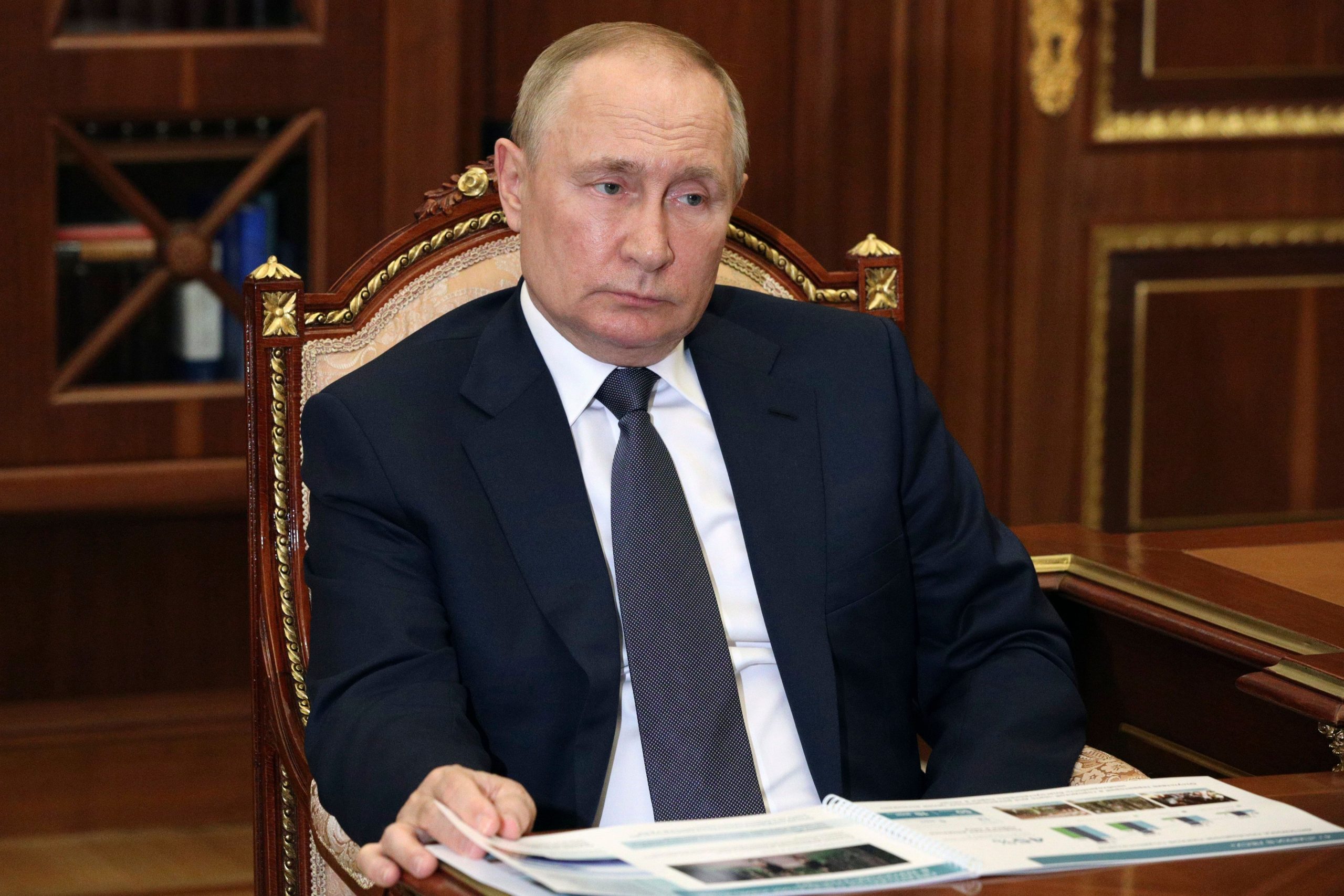Days after the SCO summit, Russian President Vladimir Putin announced a partial mobilisation of 300,000 troops amidst its ongoing conflict with Ukraine. Putin dubbed that the decision for partial mobilisation necessary and said that Russia was fighting against the military might of the “collective West”.
Putin’s announcement of the partial mobilisation was part of a televised address to the residents of the country where he added that Russia will be using every means to protect its territory, indicating the usage of nuclear armaments. Let’s take a look at five talking points from the initiative.
Also Read: Russia’s partial mobilisation: Who can be called up, and who is exempted
Usage of nuclear armaments
In his address to the nation, Putin said that Russia will not stand down from using all means to defend the country, indicating using nuclear weapons in its war against Ukraine if necessary.
“If the territorial integrity of our country is threatened, we will without doubt use all available means to protect Russia and our people – this is not a bluff,” Putin said.
He also accused the West of crossing “every line” and warned that blackmailing Russia with nuclear weapons can backfire instead.
“In its aggressive anti-Russian policy, the West has crossed every line,” Putin said. “This is not a bluff. And those who try to blackmail us with nuclear weapons should know that the weathervane can turn and point towards them,” he added.
The United States say mobilisation is a weakness
Following Putin’s televised address, US ambassador to Ukraine Bridget Brink termed the mobilisation as a sign of weakness. “Sham referenda and mobilisation are signs of weakness, of Russian failure,” she wrote on Twitter.
US President Joe Biden is delivering a speech at the United Nations (UN) on Wednesday, September 21 and according to the White House, it will target Russia.
Also Read: Russia partial mobilisation: How other countries reacted?
China says its stance on the Russia-Ukraine conflict has always been clear
Following the announcement of the partial mobilisation, China called for a ceasefire between Russia and Ukraine. Chinese Foreign Ministry spokesperson Wang Wenbin told a press briefing that efforts to peacefully end the Russia-Ukraine conflict should be supported.
“We call on the relevant parties to realise a ceasefire through dialogue and consultation, and find a solution that accommodates the legitimate security concerns of all parties as soon as possible,” Chinese Foreign Ministry spokesperson Wang Wenbin said.
Wenbin also added that the Chinese position on the Russia-Ukraine conflict has always been clear.
The UK says it will stand with Ukraine
Following the mobilisation announcement, Ben Wallace, the British Defence Secretary, said that his nation will provide support to Ukraine “as long as it takes.” He also said that the mobilisation is an admission on the part of Russia that the invasion of Ukraine is failing.
“No amount of threats and propaganda can hide the fact that Ukraine is winning this war, the international community are united and Russia is becoming a global pariah,” he said.
Also Read: Vladimir Putin announces partial mobilisation: What does the law say
“The United States will never recognise Russia’s claim to purportedly annexed Ukrainian territory, and we will continue to stand with Ukraine for as long as it takes,” Wallace added.
Wallace also added that Putin and the Russian Defence Minister are the reason behind the deaths of thousands of citizens in Ukraine, badly equipped and led.
Putin accuses the West to try and divide Russia again
In his televised address, Vladimir Putin accused the West of trying to divide and weaken Russia. He also said that the Western countries are trying to split Russia like the Soviet Union.
“They are saying openly now that in 1991 they managed to split up the Soviet Union and now is the time to do the same to Russia, which must be divided into numerous regions that would be at deadly feud with each other,” he said.






